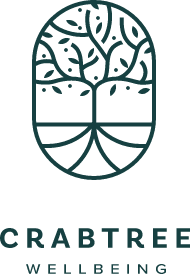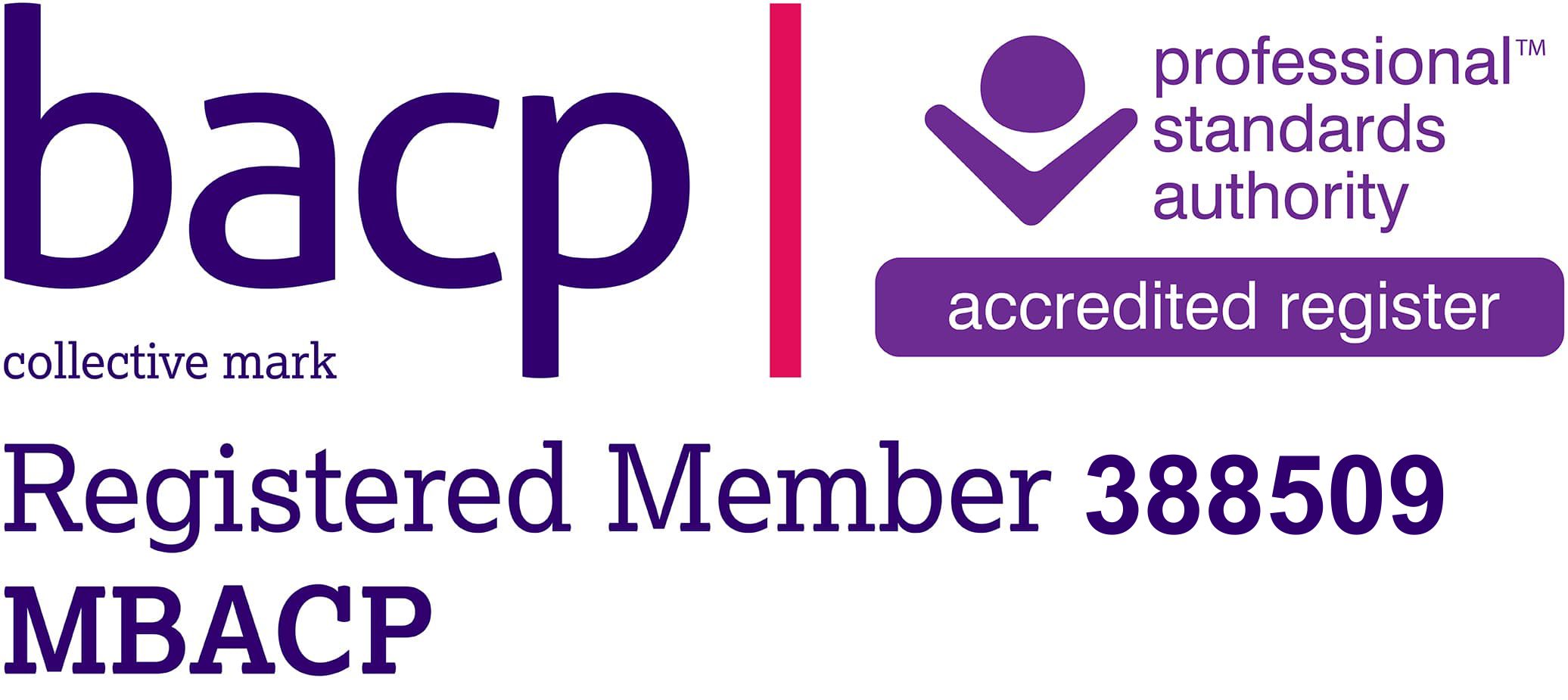Good relationships tend to run fairly smoothly and be mutually satisfying; pleasure can be found in work, pursuit of your own interests and life is enjoyable both in and beyond your relationship; disagreements and frustrations are generally discussed and resolved allowing the relationship to return to a loving or enjoyable equilibrium.1
In problematic relationship, difficulties can arise due to a lack of healthy, assertive communication or a negative imbalance of power.
A negative imbalance of power can occur when one partner dominates the relationship through control, aggression or abuse; controlling behaviour can also be through neediness, constant demands for attention, validation or playing the victim.1
Other common characteristics of problematic relationships include: “..a pattern of withholding communication, affection or sex, repeated critical, blaming or manipulative comments, passive-aggressive, aggressive or controlling behaviour, lack of open communication, persistent resentments and judgements, violation of personal boundaries, lack of trust, arguments that don’t get resolved and use of drugs or alcohol that affects the relationship.”1
Some relationship problems may be the hallmark of a co-dependent relationship; co-dependency is a learnt behaviour where one partner forms a relationship with another that is one-sided, emotionally destructive and often abusive.
One partner becomes a martyr of benefactor to another in need; this type of relationship pattern is often seen in those affected by drug and alcohol addiction.2
The co-dependent’s self- esteem and self-worth come from making sacrifices for their partner and being ‘needed,’ and their own desires and needs are unimportant and unexpressed.
References:
1 https://www.psychologytoday.com/gb/blog/toxic-relationships/201904/signs-serious-relationship-problems (accessed January 14th, 2022)
2 https://www.mhanational.org/co-dependency (accessed January 14th, 2022)



